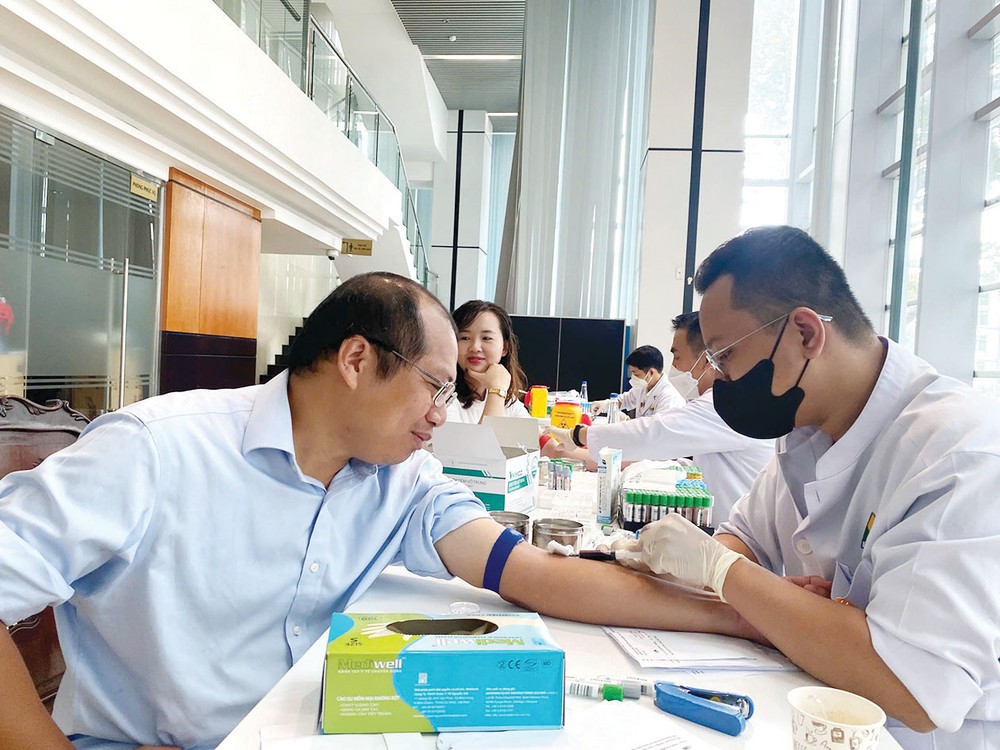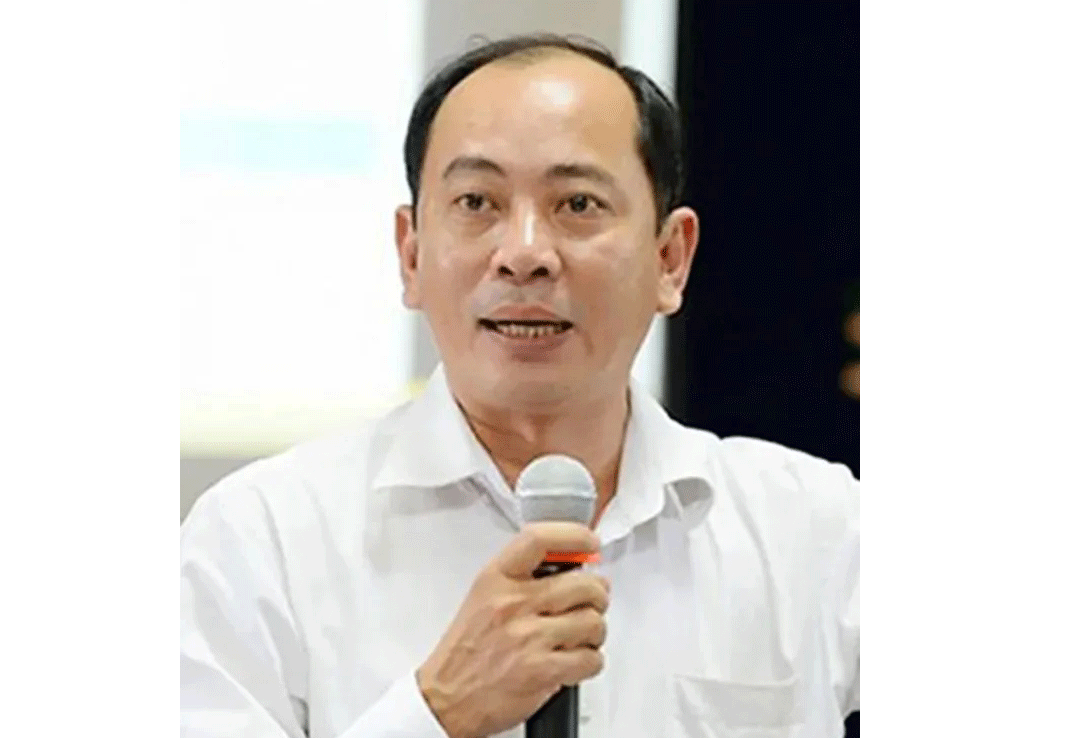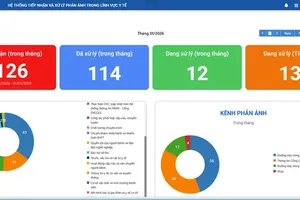Despite the Ministry of Health’s ambitious goal to ensure all citizens receive annual health checkups by 2026, a stark disparity remains. In many regions—especially rural and mountainous areas, as well as among freelance workers—the participation rate hovers at just 25 percent.

Health professionals are increasingly skeptical about the feasibility of this target, pointing out that routine checkups have yet to become a common practice for most people.
Recently, People's Hospital 115 in Ho Chi Minh City has frequently admitted patients in severe conditions due to their neglect of early warning signs and failure to undergo regular screenings.
The Politburo's draft resolution on breakthroughs in public healthcare to meet the nation’s development needs has been opened for expert consultation. According to the draft, the aim is to increase the number of doctors working at grassroots health facilities by at least 1,000 annually from 2025 to 2030. It also aims to reduce out-of-pocket healthcare expenses to 30 percent of household income. From 2026, each citizen will be eligible for at least one free annual general or specialized screening checkup and will have a digital health record for lifelong health management.
Health experts continue to highlight the serious issue of widespread neglect when it comes to routine medical checkups. While individuals with greater financial resources are more likely to undergo regular screenings, many still face economic barriers that limit their access to healthcare. Compounding the problem is a prevalent fear of discovering a serious illness, which leads some to postpone medical visits until symptoms become severe—often when treatment options are limited.
Early detection plays a critical role in improving patient outcomes. For example, catching cancer in its initial stages greatly expands treatment possibilities and enhances prognosis. Similarly, identifying diabetes early can help prevent life-threatening complications and support long-term management.
Dr. Le Trung Nhan, Head of the Outpatient Department at Cho Ray Hospital, stresses that regular general health checkups can detect abnormalities before symptoms appear, leading to more effective treatments, shorter recovery times, and cost savings. During these checkups, doctors can also provide personalized advice on diet, exercise, and rest. More importantly, each visit updates the patient’s health data in a digital management system at the medical facility, giving doctors valuable insight for future diagnoses.
According to the World Health Organization, if individuals follow recommended routine health checkups, overall healthcare costs could be reduced by 25 percent compared to late diagnosis. Routine screening can also lower the risk of stroke by 13 percent to 16 percent and reduce the prevalence of anemia, metabolic disorders, and other chronic diseases among middle-aged people and elderly populations.
Adults should ideally undergo a general health checkup 1–2 times per year. Those at high risk including people over 40 years old with pre-existing conditions, or with a family history of chronic diseases should have more frequent screenings and consider specialized diagnostic tests.
























